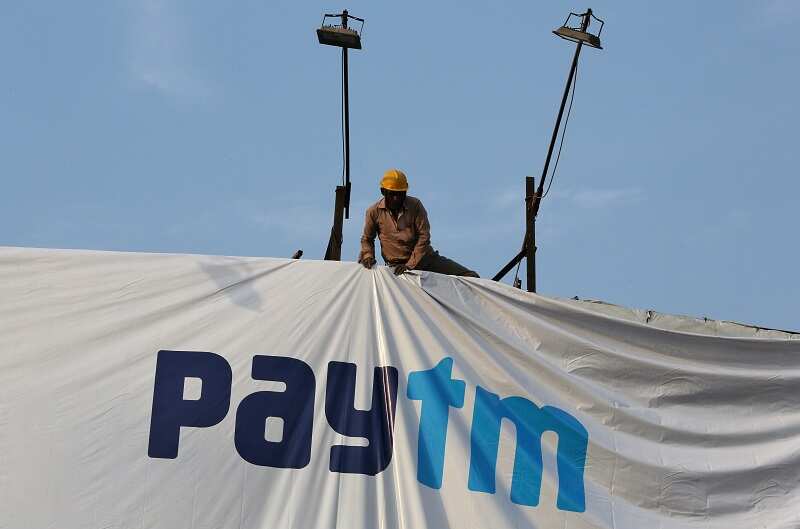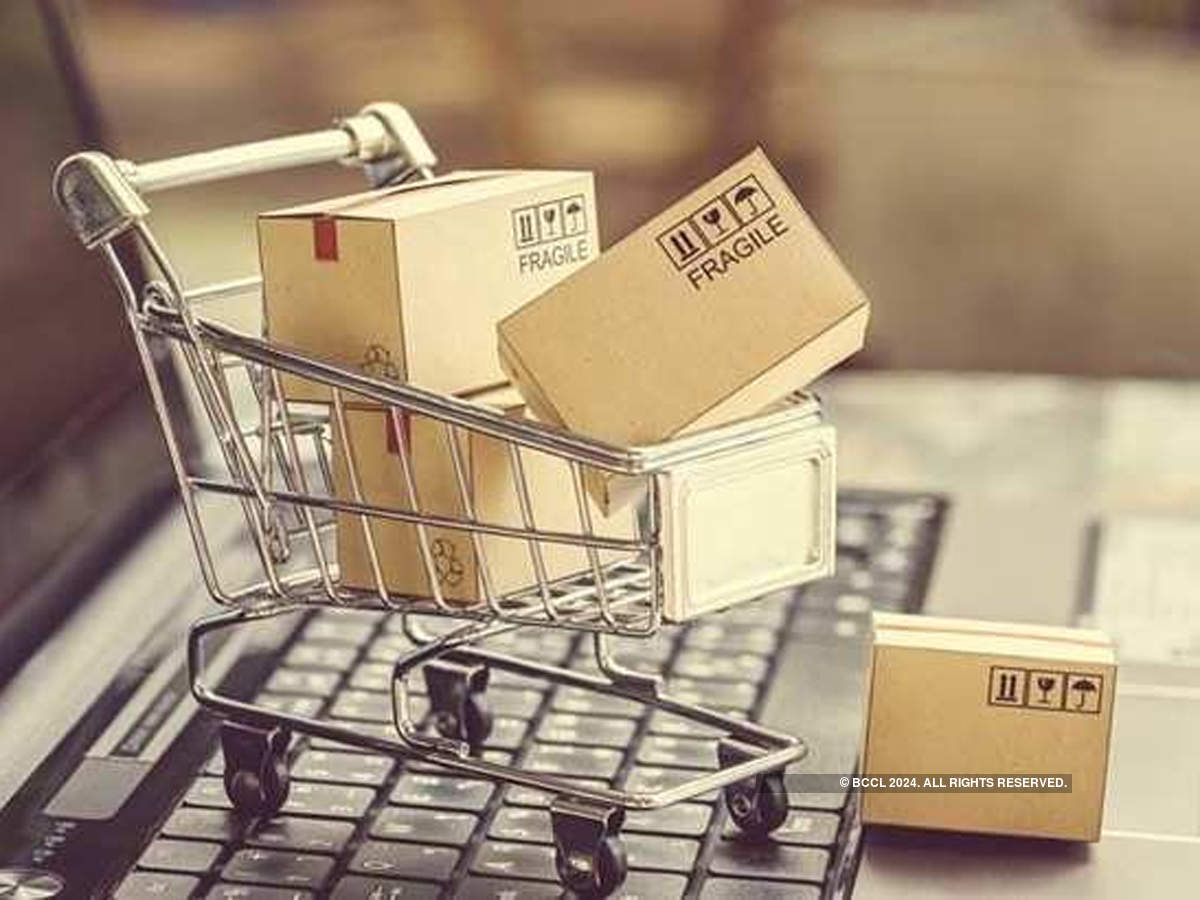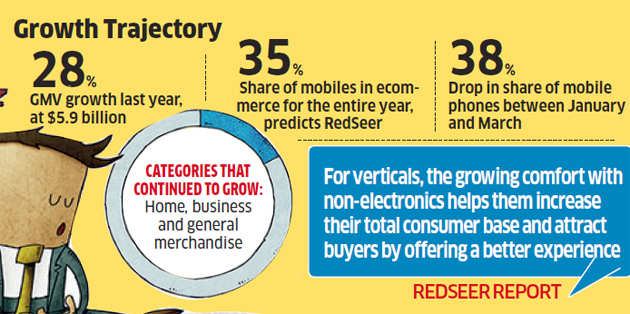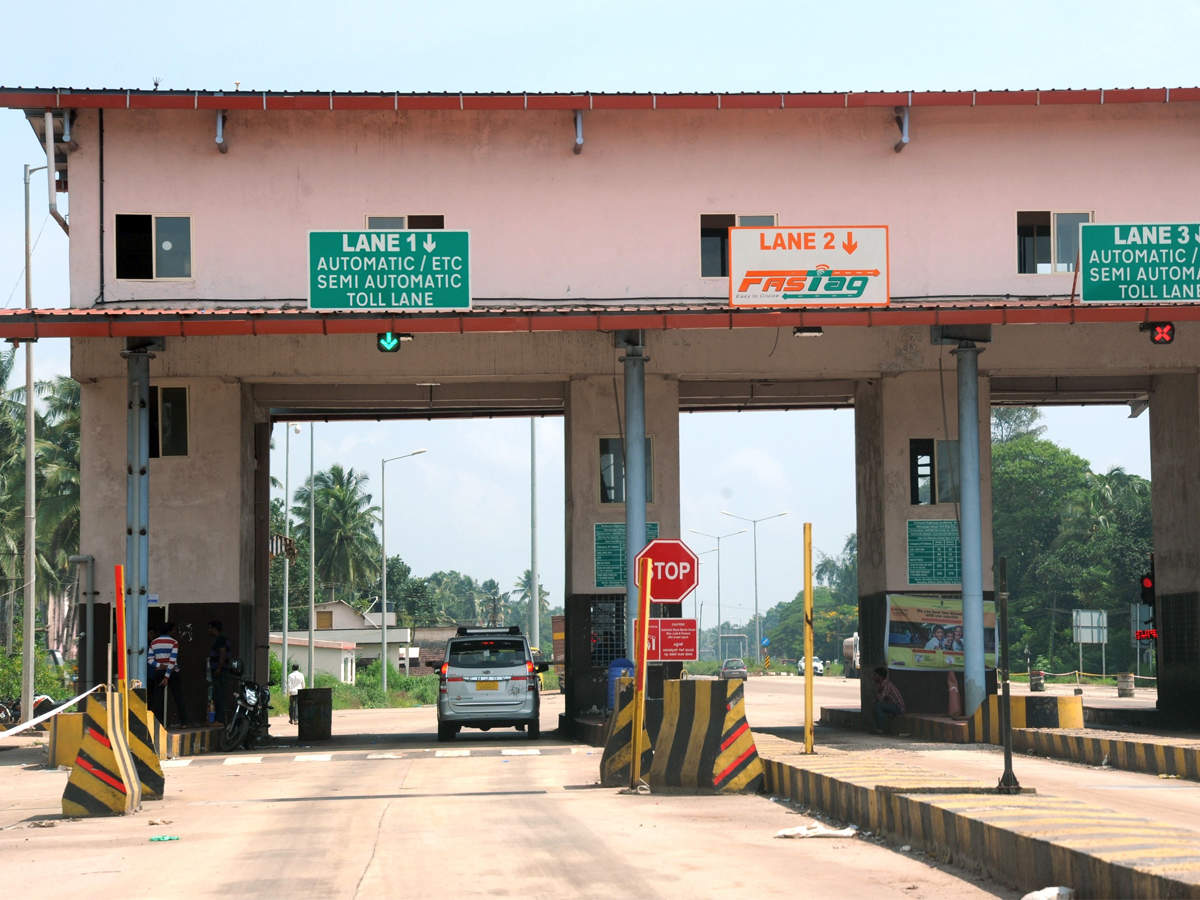 Digbijay Mishra | TNN
Digbijay Mishra | TNNBengaluru: Paytm’s payment gateway has managed to get a lion’s share in the market clocking higher gross value transactions than two of its closest competitors put together, according to industry data. Paytm, backed by SoftBank, facilitated transactions worth Rs 20,000 crore through its payment gateway in April, taking more than 50% of the market share. Industry sources added this has been now a steady trend with Paytm being ahead of rivals like Naspers-owned PayU India and Tiger Global-backed Razorpay.
According to data sourced from industry sources, PayU India clocked about Rs 10,000 crore of transactions while Razorpay clocked Rs 2,500-3,000 crore in April.
Incidentally, PayU managed to clock half of Paytm’s gross transaction value with 55-60 million transactions while Paytm saw 400 million transactions.
“We continue to witness impressive growth in transactions through the Paytm payment gateway across fast growing categories such as transportation, food delivery, gaming as well as existing large verticals of travel and telecom,” the company said in a statement, without disclosing the value of transactions it has processed. It confirmed it saw 400 million transactions in April.
The company said some of the leading merchants on its platform are IRCTC, Zomato, Oyo, Grofers, Big Basket, and PVR. Paytm added that its volume of transactions has grown by three times in the last one year with the payment gateway working with top-tier third-party apps and websites.
“The higher volume of transactions compared to other rivals show majority of its payments are small in size. And utility, travel, food-orders are the large contributors,” an industry executive aware of the industry numbers said. Paytm said it has a mix of large and small merchants using its payment gateway, a reason why it has a lead over others.
From being largely a mobile wallet, the company has diversified into several businesses in the last two years. The Noida-based company, where Warren Buffett’s Berkshire Hathaway is an investor, is looking to raise a $1-2 billion for its payments, commerce and other business under One97 Communication and other separate entities.




 New Delhi-FASTags are now available on e-commerce platform Amazon to further promote digital payment of toll for seamless traffic, the government said Wednesday.
New Delhi-FASTags are now available on e-commerce platform Amazon to further promote digital payment of toll for seamless traffic, the government said Wednesday.